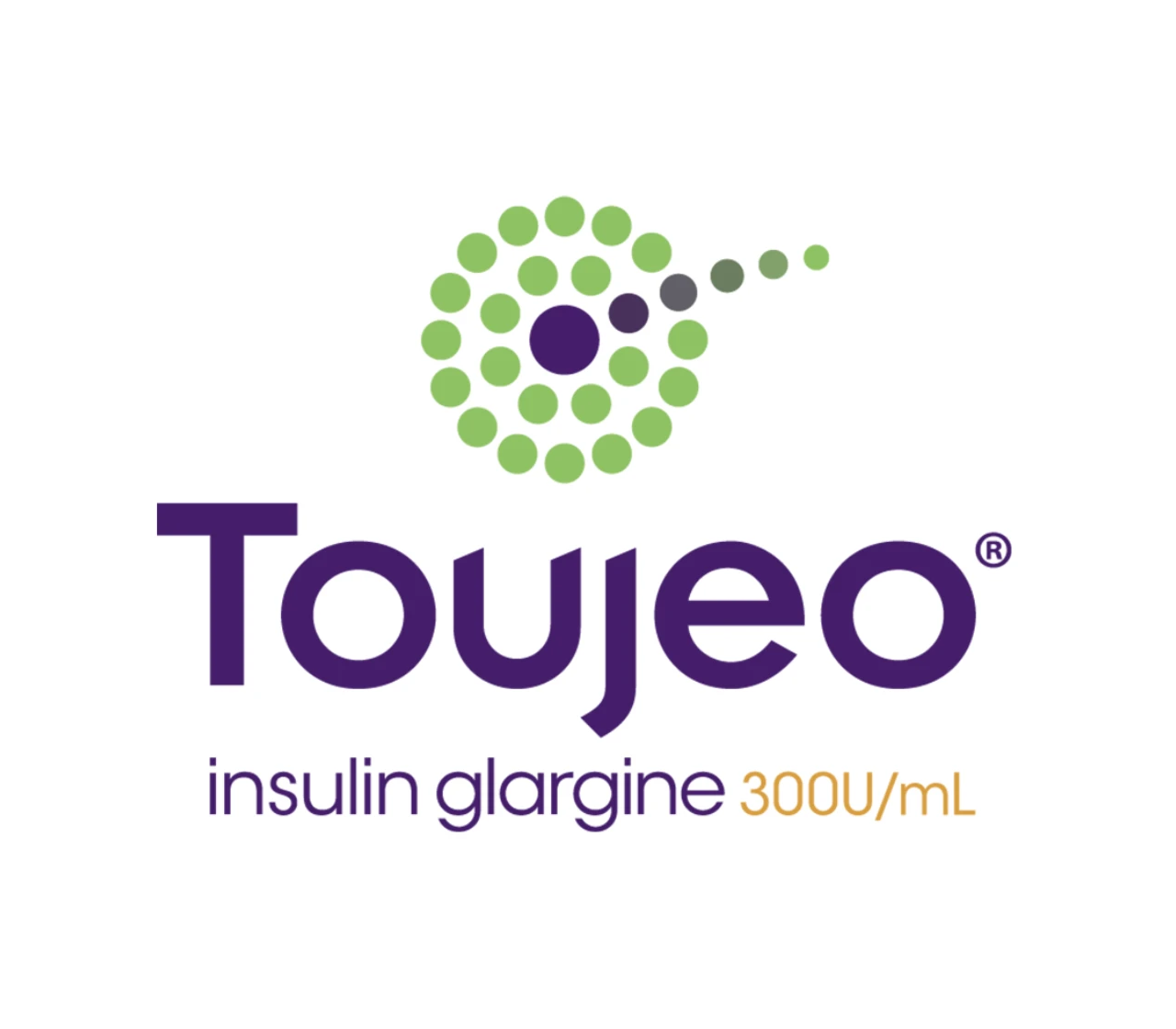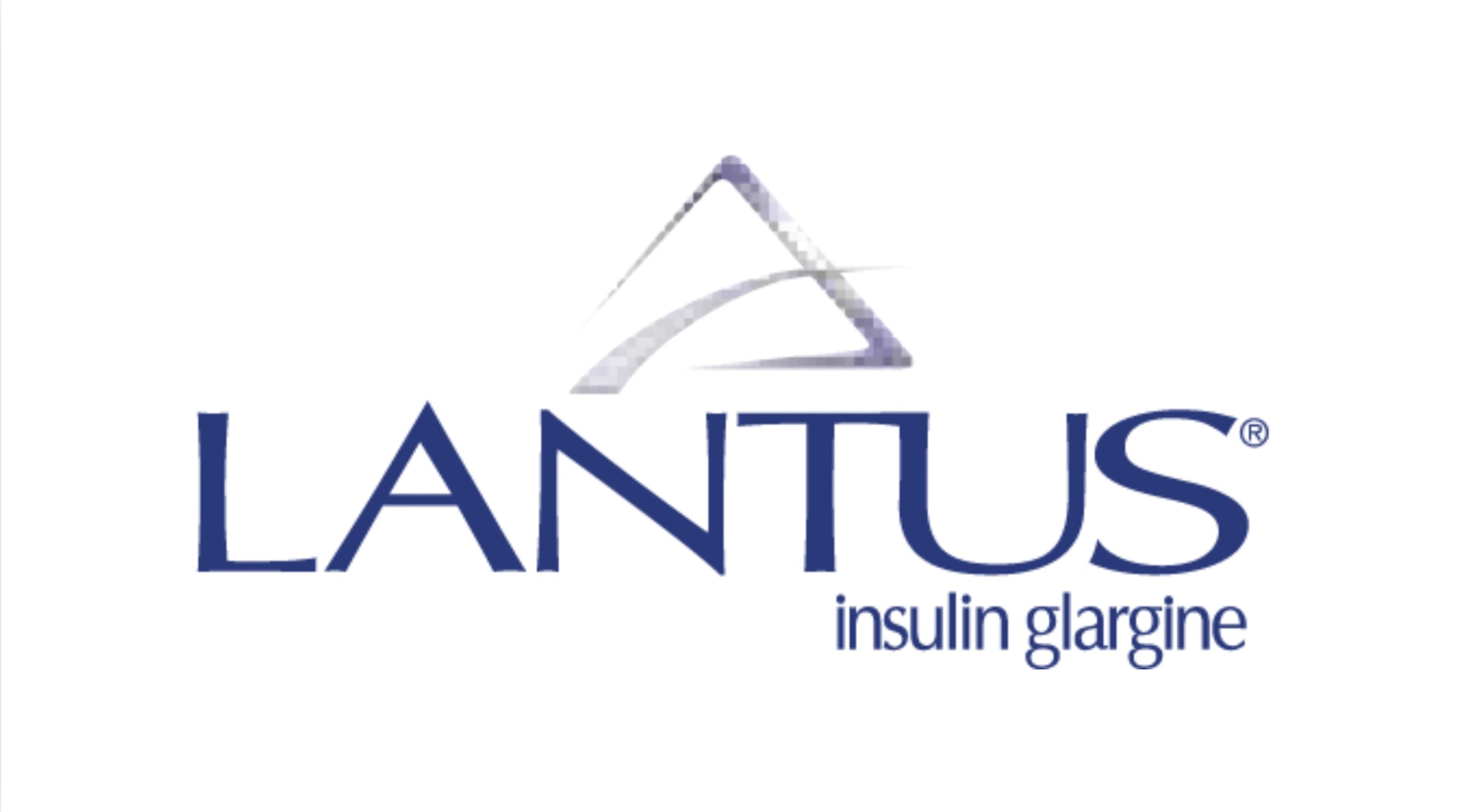- Education
- Source: Campus Sanofi
- 3 Oct 2025
Insulin Management: Insights from Diabetes Specialists
Table of Contents
- Indications for Insulin Therapy
- Overcoming Fear of Insulin Therapy
- Communication Regarding Concerns Delaying Therapy Initiation
- Initial Endocrinological Care
- GLP-1 and Insulin Combination
- Sulfonylureas and Insulin
- Criteria for Basal Insulin Selection
- Insulin Selection
- Nocturnal Hypoglycaemia Risks
- Limitations of Basal Insulin Therapy
- Indicators for Therapy Escalation
- Special Considerations from Endocrinology Perspective
- CGM Benefits in Counselling
- Key Points of Effective Therapy
- Primary Care Treatment Tips
- Explore More
Clinical Recommendations for Insulin Therapy from the Perspective of Diabetes Counselling, Endocrinology, and Primary Care Practice
Dive into the expertise of three renowned international specialists: Endocrinologist Dr. Richard Bergenstal, Primary Care Physician Dr. Thomas Martens, and Diabetes Educator Tara Ettestad.
The experts discuss central aspects of insulin therapy: from the optimal timing for therapy initiation to effective strategies for addressing patient concerns, to optimisation of basal insulin therapy and decisions regarding therapy adjustments.
In 18 short videos, the experts share valuable practical tips and clinical insights. These support medical professionals in successfully integrating insulin therapy into diabetes treatment plans, specifically addressing patient reservations, and thereby achieving better treatment outcomes.
All content was created by subject matter experts and delivered through AI-powered avatars. While the delivery method is automated, the information reflects authentic expert knowledge and professional guidance that has not been modified.
Question 1 : Previously we highlighted when insulin is needed such as A1C over 12% or that time in range is very low at less than 10%, what are some other instances where you would recommend insulin?
Question 2 : Sometimes people are reluctant to start insulin, they may have needle anxiety or now there is a kind of fear that my diabetes is getting worse or many other, what are some of the tips you would recommend to help patients overcoming some of the reluctance to start insulin?
Question 3 : Speaking of education, what are some of the tricks that you use as an educator when you are talking to patients that are reluctant to start insulin?
Question 4 : As the endocrinologist, oftentimes these patients already started insulin, so kind of take me through what you are thinking from the endocrinologist's perspective on this.
Question 5 : We know that GLP-1 receptor agonists are really becoming more commonly used for the management of type 2 diabetes, but still some individuals their fasting and post-meals HbA1c still may remain elevated, so what are you looking for when you are kind of moving beyond the GLP-1 receptor agonist and adding insulin into the regimen?
Question 6 : What do we do with all these sulfonylureas when we are starting insulin? They are still commonly used, so there is a long history. So can you just break this down, what do we do? When do we stop it, or consider keeping it on?
Question 7 : So, you are picking background insulin, I really kind of want to know what is going through your mind, you know are you thinking of maybe long-acting insulin or maybe intermediate-acting NPH insulin or one of these newer ultralong lasting insulins, so what is going through your mind clinically and with your patient?
Question 8 : From that endocriologist perspective, what is going through your mind, picking that background insulin?
Question 9 : Anything connected to nocturnal hypoglycaemia driving some of those conversations with your patient?
Question 10 : When is basal insulin not enough? And then when you need to add another therapy, is it another medication such as another insulin or another non-insulin therapy? What are your signs that basal insulin is not enough and you have to progress the therapy?
Question 11 : What are some of the things you are looking to move beyond basal insulin?
Question 12 : From the endo perspective, what are you thinking about now when you have to move beyond basal insulin?
Question 13 : From the educator perspective, where are you seeing CGM being a benefit to the patient?
Question 14 : What are your top tips that you would provide to your audience on using insulin effectively in type 2 diabetes?
Question 15 : What do you think? What are your top tips from a primary care perspective?
Explore More
MAT-XU-2503895-1.0-10/2025

